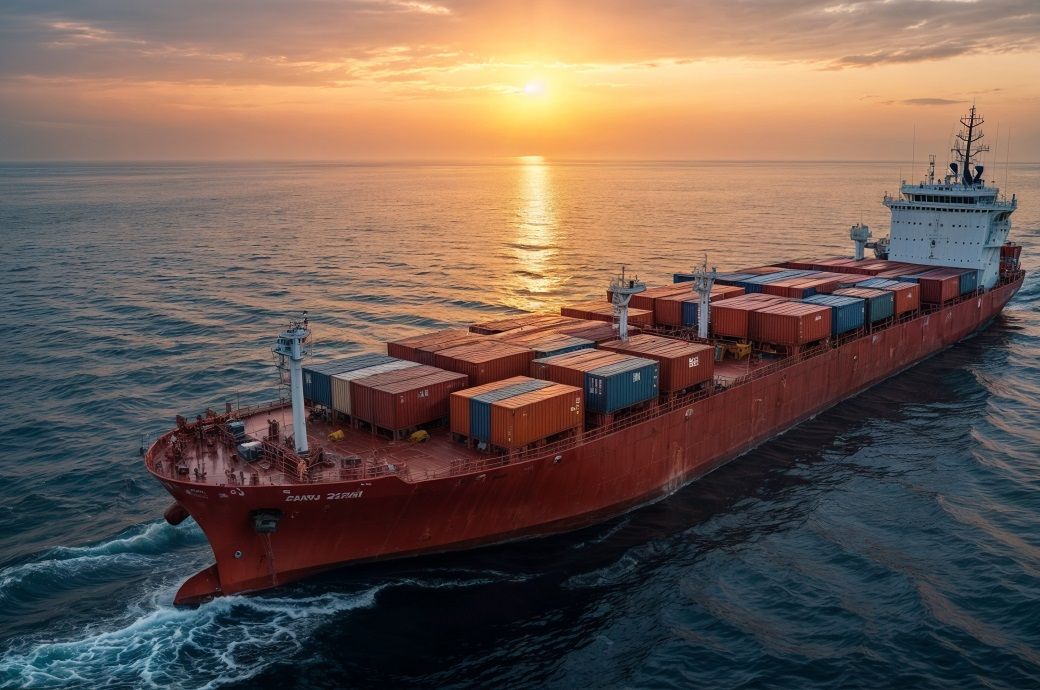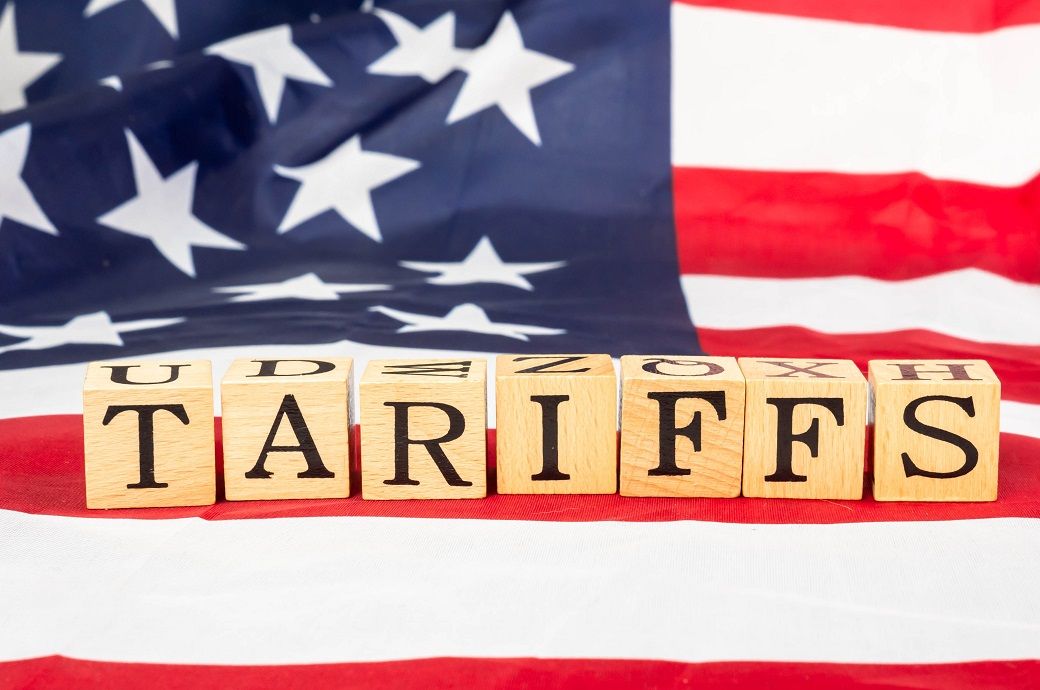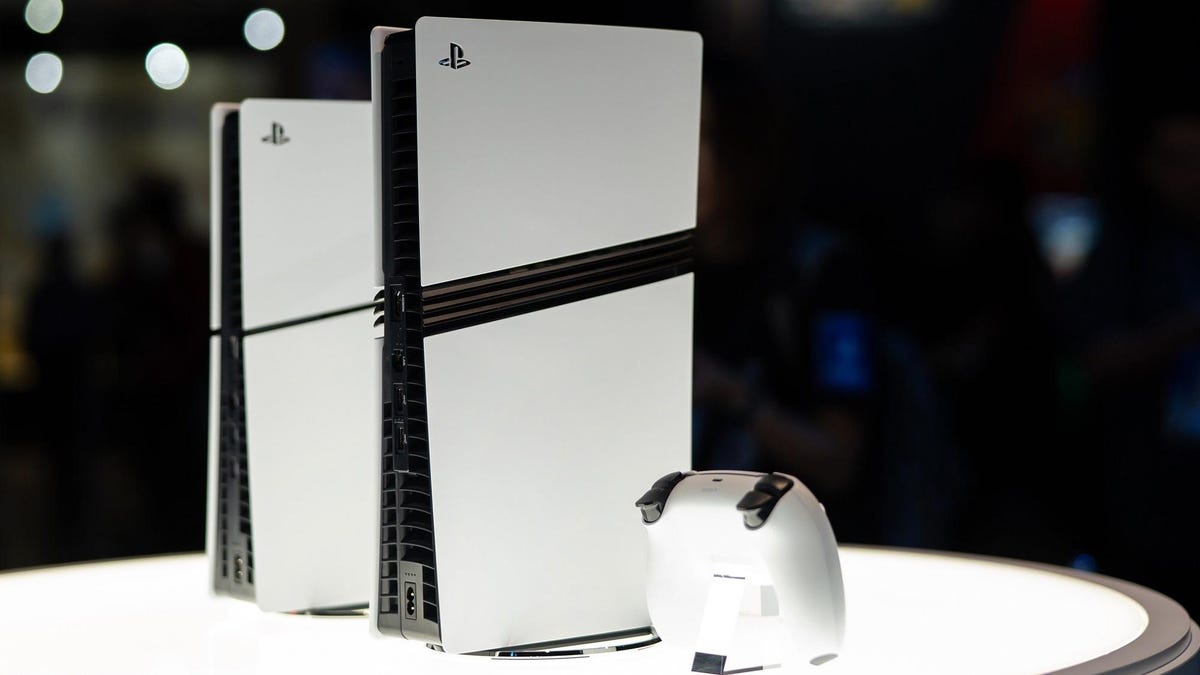
AAFA has actively opposed these measures, testifying at a USTR hearing on March 24 and submitting formal comments against the proposal. The association also conducted a study concluding that the proposed fees would harm US farmers, workers, and the broader economy.
American Apparel & Footwear Association (AAFA) has criticised the US Trade Representative’s move to impose phased fees on Chinese vessels and tariffs of 20 to 100 per cent on shipping equipment following a Section 301 probe.
AAFA, which testified against the plan, warns the measures will hurt US farmers, workers, and the wider economy by disrupting trade and raising consumer costs.
The new action introduces a phased fee structure targeting Chinese vessel operators, vessel owners, and Chinese-built ships. Additionally, USTR proposes tariffs ranging from 20 per cent to 100 per cent on vital transportation equipment such as containers, chassis, and ship-to-shore cranes. These measures will reduce US trade, result in losses for American businesses, and increase costs for US consumers, AAFA said in a press release.
“We are deeply concerned that the newly announced port fees and shipping mandates are destined to have devastating consequences for American workers, consumers, and exporters. These measures are driving up shipping costs, shrinking GDP, and reducing US exports. When ocean carriers raise rates, American families will pay the price through higher costs and growing product shortages, at a time when they can least afford,” said Nate Herman, AAFA senior vice president of policy.
“We fully support strengthening the US maritime industry, but penalising shippers for not using American-flagged or built vessels, when they cost up to five times more and remain in limited supply, is counterproductive. It is telling that the administration made this announcement after markets closed today [April 17], and when the markets won’t open again until Monday, masking a decision that is bad for the economy – bad for American farmers, bad for American manufacturers, bad for American businesses, and bad for hardworking American families,” Herman added.
Fibre2Fashion News Desk (KD)






